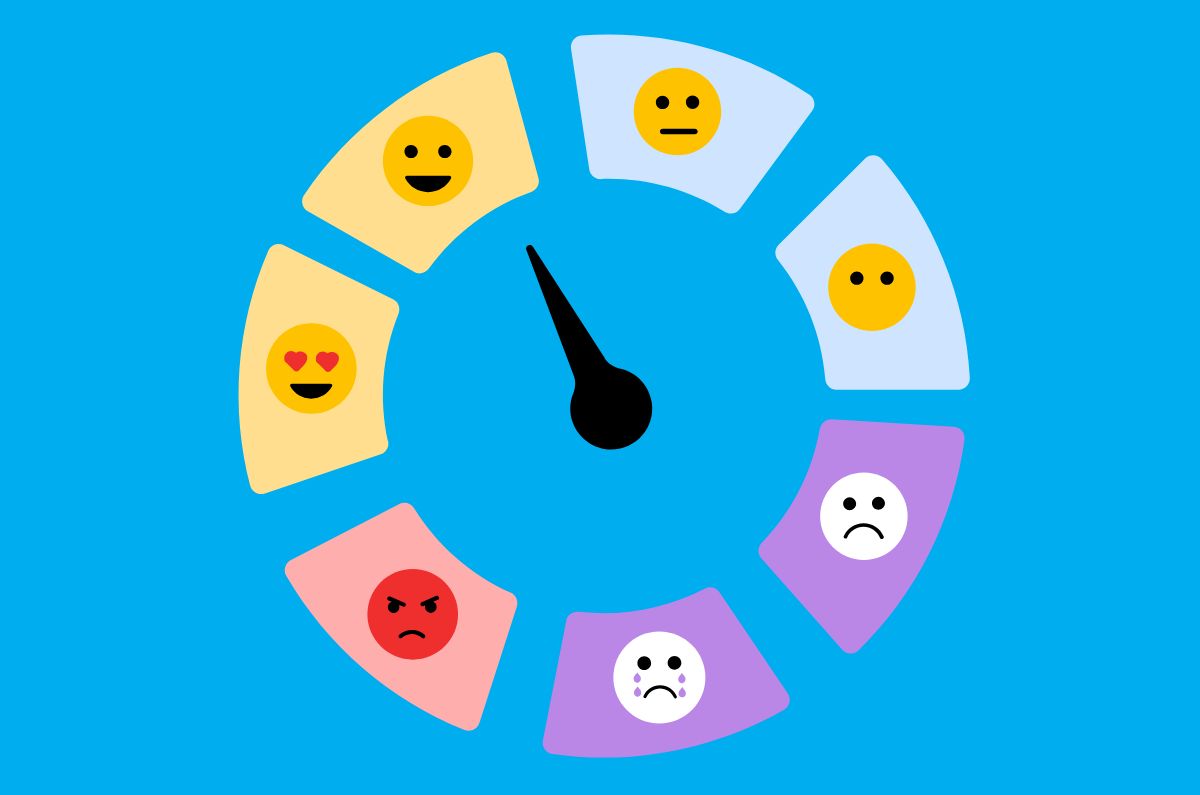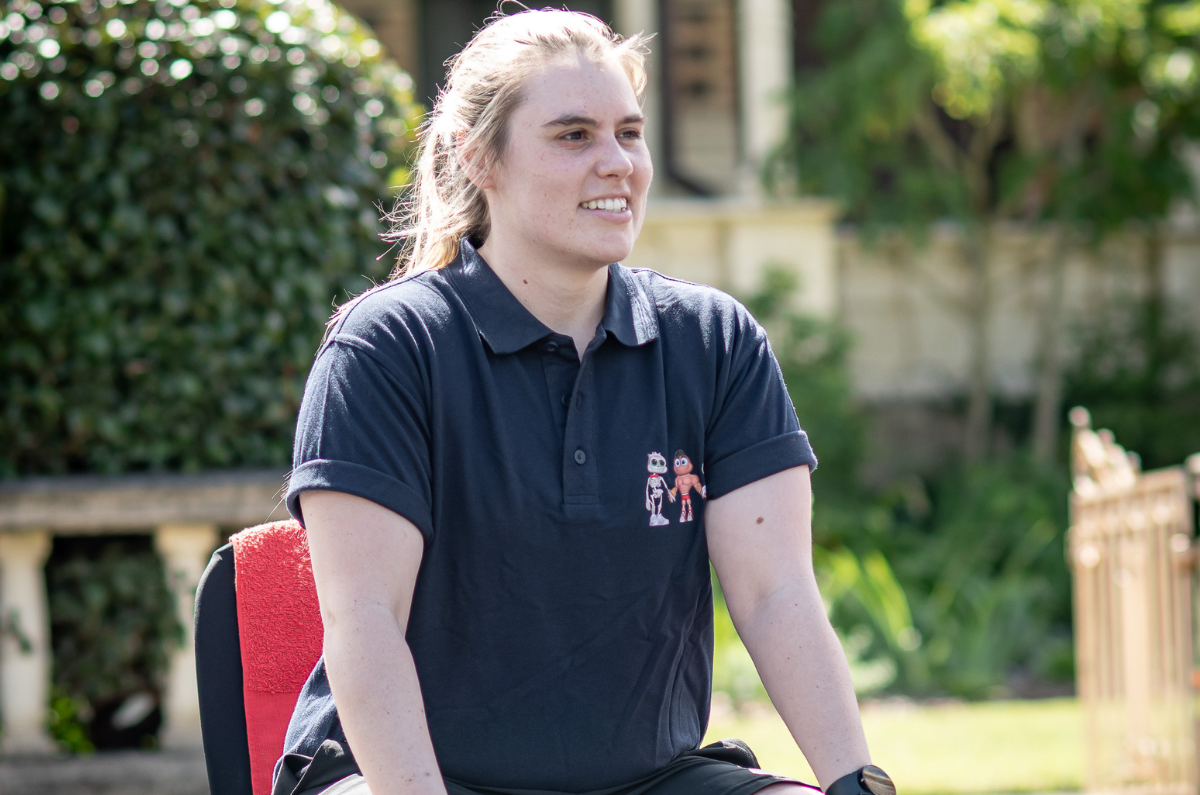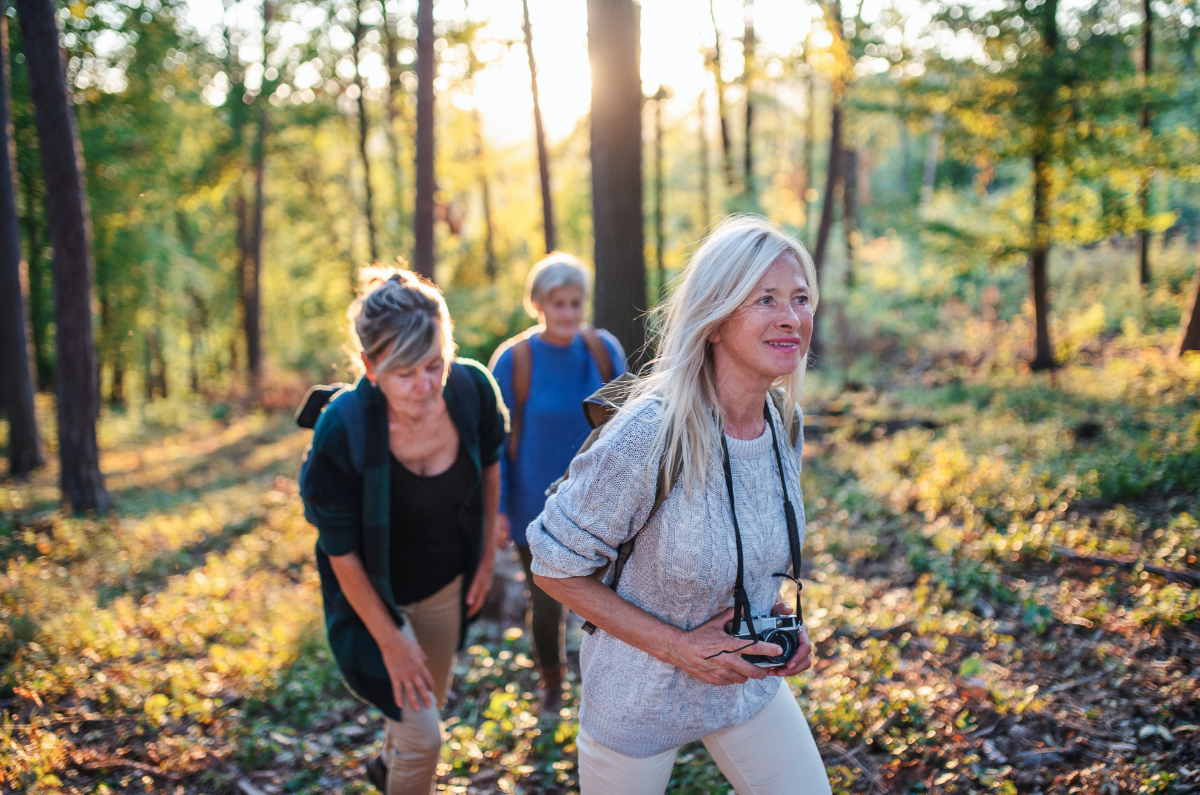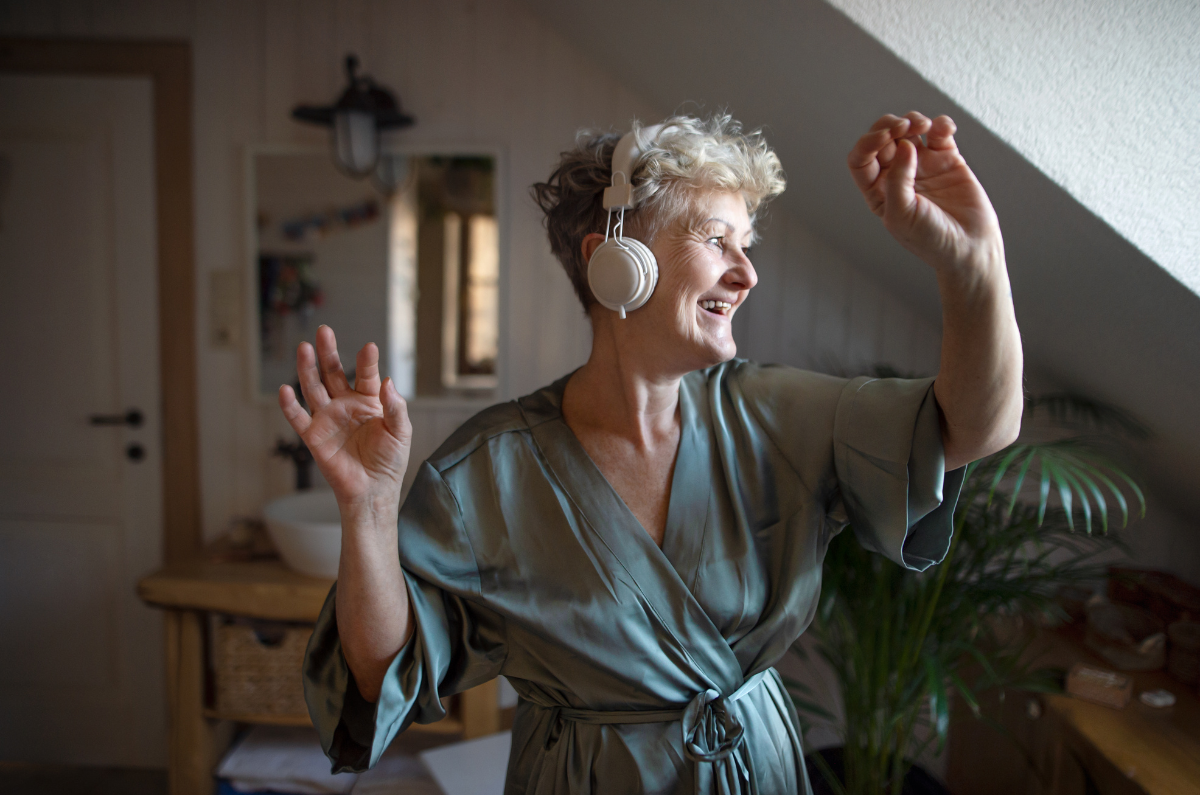Joe recently took a week off work. Mentally and physically, he’d hit a wall, and with his back pain much worse than usual, he knew he needed to step back, take a breath, and reset.
That wasn’t easy for him to do.
Joe felt like he didn’t have the right to feel off. Didn’t most people experience back pain? He told himself he needed to keep a lid on the pain he was feeling — to just push through, do better, try harder. There were people out there working long hours just to make ends meet, dealing with “real” struggles. He had a steady job, a roof over his head, a good family, and solid mates. So, what was his excuse for feeling like he couldn’t cope?
That guilt made things worse. He couldn’t let go of the (ridiculous and outdated) thought that men weren’t supposed to feel this way. He felt selfish for not just ‘pushing through’.
But when Joe finally brought up how he was feeling with his GP and then later his mates, he realised he wasn’t the only one who felt like this.
And just like Joe, a lot of us living with musculoskeletal conditions are running on empty and just trying to keep it together.
So, for anyone out there who needs to hear this, IT’S OKAY.
It’s ok to take a break or to rest. You’re not a machine. Take the time you need to recover, both physically and mentally, from the things that are affecting you. That way, if you do return to what you were doing, you’ll feel refreshed and better able to deal with everything.
It’s ok to say no. We all want to please others, to be the go-to guy, so sometimes saying ‘no’ can be a real challenge. But you need to weigh up how you’re feeling and all the things you have going on and decide whether you can take on something else. If you can’t, then say no. Importantly, don’t feel you have to apologise for doing so.
It’s ok to listen to your body. In fact, it’s necessary. Living with a chronic condition means that you need to be aware of how you’re feeling. If you’re tired, rest. If your back hurts, move. If you’re feeling sluggish, get some air. Try and listen to whatever your body is telling you- listen and take action.
It’s ok to talk about mental health. Actually, it’s vital that we do. The more we talk about mental health and how we’re feeling, the less stigma will surround it, leading to more people opening up about their mental health and getting help when they need it.
It’s ok not to be perfect. No one is, no matter how they appear at work, around mates, or on social media.
It’s ok to put yourself first. Sometimes we need to make ourselves our top priority– whether that’s physically, mentally and/or emotionally. You’ll be better able to help others when you’ve taken time to look after yourself.
It’s ok to have an untidy house/car/office. Or for the grass to need mowing. Or for pet hair to cover every surface of your home. Sometimes things get a little untidy as we prioritise our health and wellbeing over making the bed, cleaning the bathroom or putting away the dishes. And that’s ok.
It’s ok not to watch the news. Take time to unplug from the often-chaotic 24/7 news cycle and focus on the world around you, including you, your family and friends.
It’s ok to be kind to yourself. Our inner critic can be really loud at times. If yours is giving you grief, ask yourself – would you say those things to someone you love? The answer is probably no. So quiet that inner voice by making a list of three things you like about yourself, and keep it on your phone or stick it on the fridge. Remind yourself of these things regularly.
It’s ok to forgive yourself. We often beat ourselves up for the smallest of mistakes. If you made a mistake – (or are being super-critical of yourself) – look at what you did, learn from it and move on – or talk about it if this is proving difficult. Don’t just keep thinking about it – it’ll only drive you crazy, add to any unease you’re feeling and make you more unhappy.
It’s ok to not be ok and feel sad/angry/vulnerable. Your feelings are valid, and they matter. However, if you feel like negative feelings are taking over, talk with someone. A trusted friend or family member, or a healthcare professional. While it’s ok to feel like this from time to time, you don’t want to feel like this all the time. And you don’t have to. There’s help available.
It’s ok to cry. We all have difficult days, and crying can be an outlet when we feel sad, stressed, overwhelmed, scared, angry or in pain. So, let it out.
It’s ok to put your phone down. We look at them too often anyway, so put it away for an hour, a day, a week. Be present and be mindful of the people and what’s going on around you.
It’s ok to admit you’re struggling. And it’s ok to ask for help. It doesn’t mean you’re not a capable person. It just means that in this time and place, you need some help. And that’s fine. We all need help every now and then.
It’s ok to take your time. We don’t always have to be in a hurry. Make space to breathe and be still, meditate and be mindful.
It’s ok not to have all the answers. You’re not Google or ChatGPT. Saying ‘I don’t know’ is a valid and human thing to say.
It’s ok to put aside your ‘to-do’ list and be spontaneous. Lists can help us feel in control and organised, but sometimes it feels amazing to toss the list aside and just do something unexpected, just because you can.
It’s ok to do more of the things that make you feel good. Playing sport, catching up with your mates, picnics with the family, reading a book to your kids…whatever it is that makes you feel good can help you recharge your battery, reset and make you a happier person.
And remember, it’s ok to be you.
Contact our free national Helpline
Call our team if you have questions about managing your pain, musculoskeletal conditions, treatment options, mental health issues, or accessing services. They’re available weekdays between 9 am-5 pm on 1800 263 265; email helpline@muscha.org or via Messenger.
Crisis support
If this article has raised some issues with you, there is help available. Contact Lifeline Australia on 13 11 14 for 24-hour crisis support and suicide prevention.
More to explore
-
- Beyond Blue
- Healthy Male
- R U OK?
- Head to Health – Australian Government Department of Health


















